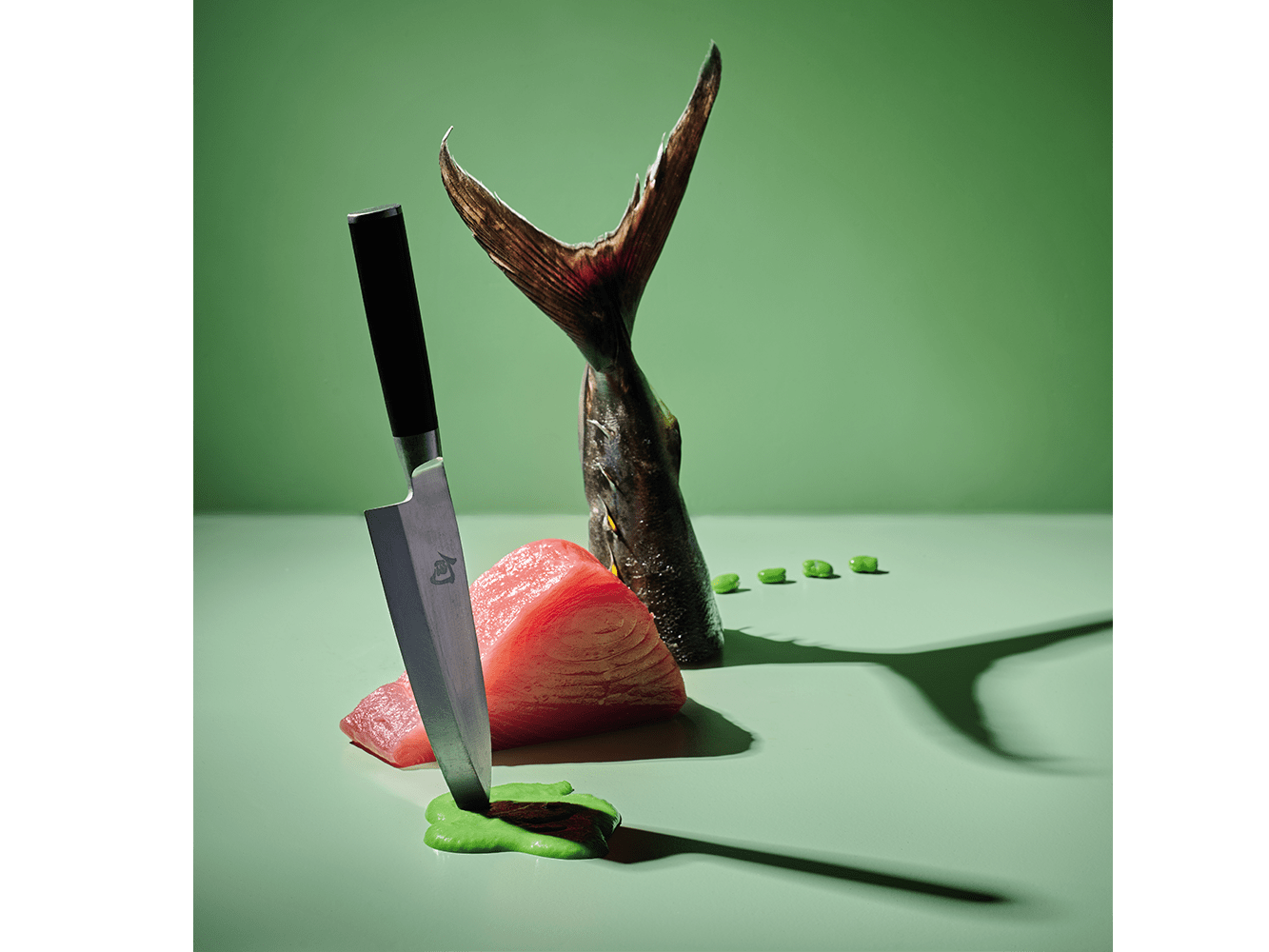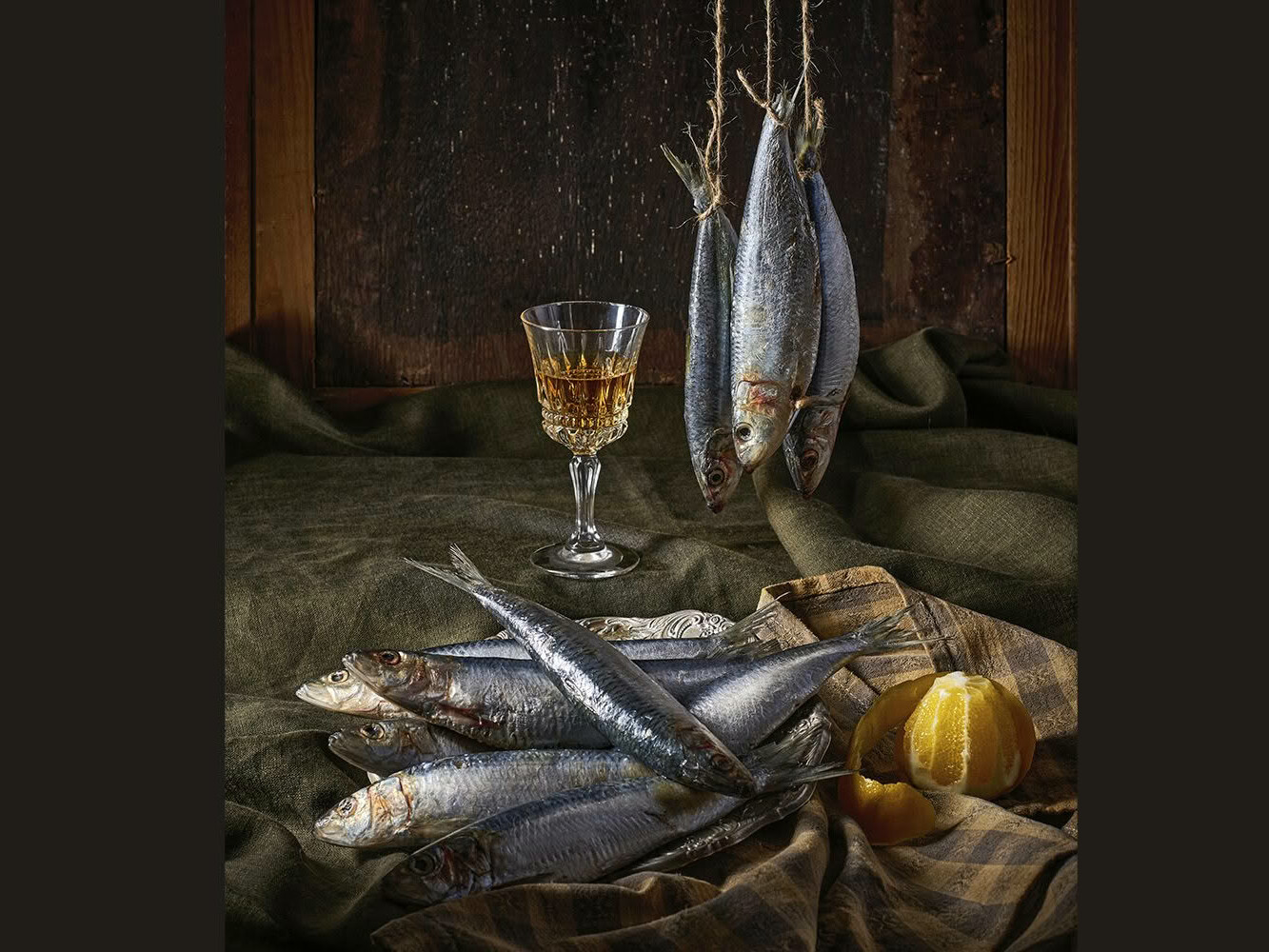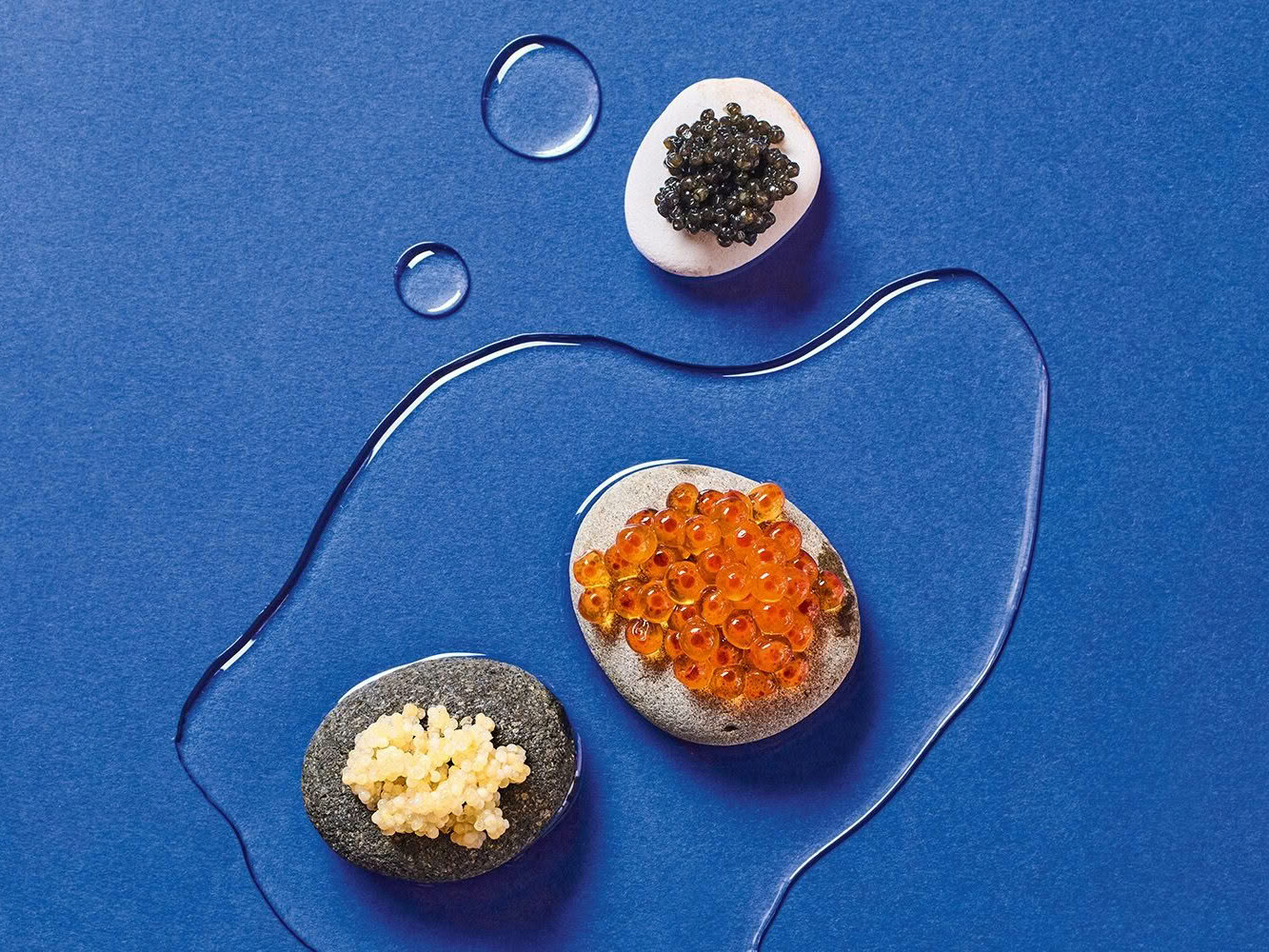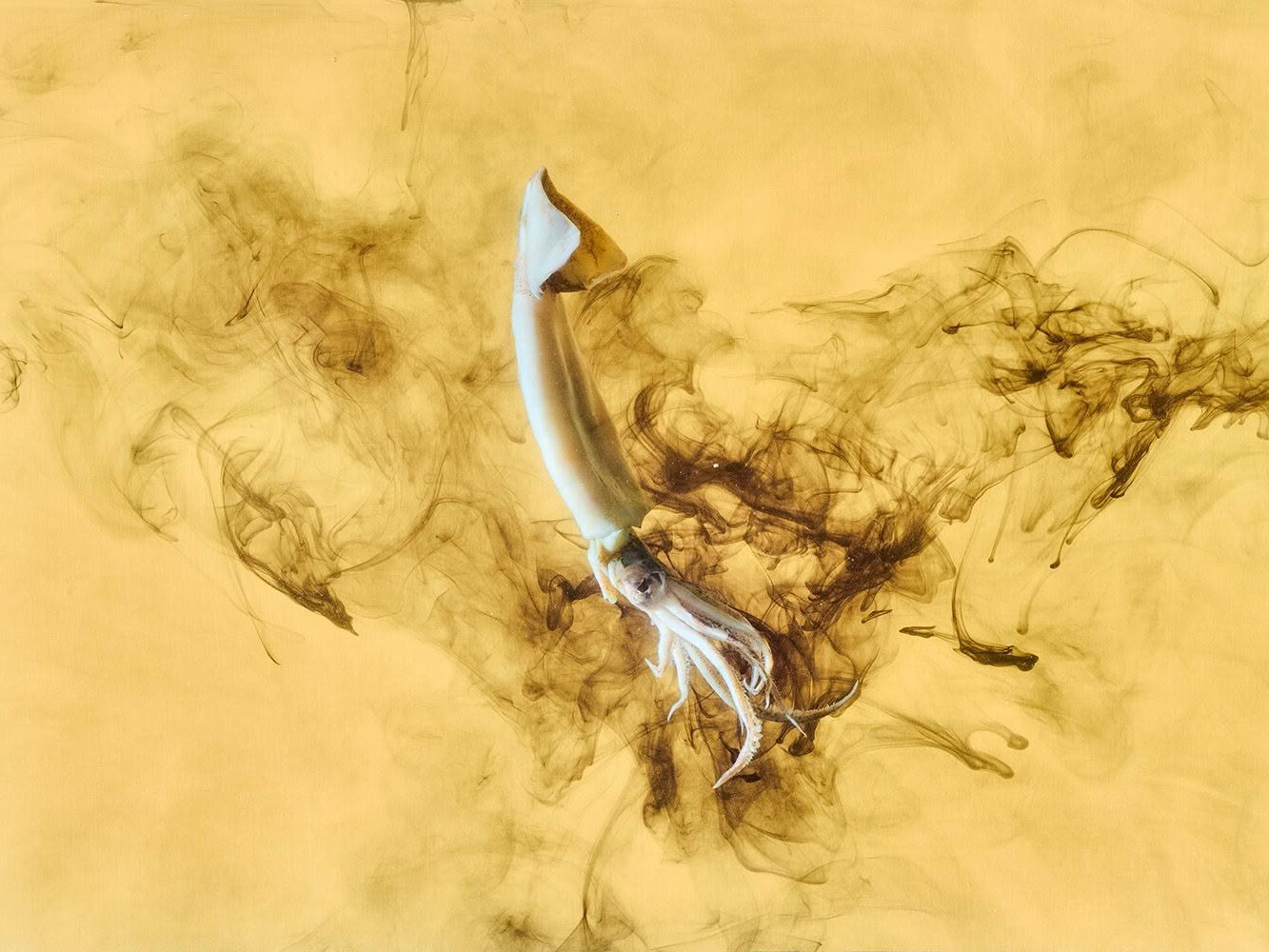In Māori lore, it’s said that Kupe, the navigator, chased down the monstrous octopus named Te Wheke-o-Muturangi. This creature, the scourge of the tribe’s fish supply, met its end in Cook Strait at Kupe’s cunning hands. Tricked into clutching fast to gourds of water with its tentacles, it met its demise. While early Māori snatched octopus with their bare hands, Kupe opted for a swift smack to the head.
Pinnoctopus cordiformis, with its vivid hues of orange-brown or purple-grey and distinctive rows of suckers, lurks in the shallows along our coastline, dining on blue cod, crayfish, crabs and shellfish, thus explaining its delectable taste. A by-catch of crayfishing, this species fits the bill for sustainable fishing – zero by-catch, fast growth, short lifespan and prolific breeding. As yet there is no fishery quota in place.
A culinary marvel, octopus seduces palates far and wide with its unique texture and adaptability. From grilling to braising to delicate sashimi, this oceanic wonder offers endless possibilities. Its mild, sweet flavour welcomes a plethora of seasonings, enticing adventurous eaters and seasoned gourmands.
Mediterranean kitchens showcase octopus in various forms with dishes such as Spanish Pulpo a la Gallega, where traditionally, it is boiled then sliced and served with paprika, olive oil and potatoes. In Greece, octopus graces the table as a delightful meze, marinated in olive oil, lemon juice and herbs. The Japanese have perfected the art of serving it raw as sashimi or delicately cooked in Takoyaki, a savoury snack of battered and fried balls of octopus. In Goan cuisine, heavily tinged by 450 years of Portuguese rule, octopus comes grilled tandoori style, imbued with a deep, smoky flavour from an overnight marinade.
The journey from sea to plate isn’t without its challenges. Octopus can be notoriously tough if not prepared correctly, requiring careful cooking techniques to achieve the desired tenderness (freezing before cooking works wonders). Slow-braising in a rich sauce for a comforting stew or a rapid searing over an open flame will unlock its full potential, ensuring each bite is a delight.
OCTOPUS PREPARATION
An octopus is a cephalopod (along with squid and cuttlefish). A whole octopus comprises the head, muscular tentacles, ink sac and intestines. Unlike squid, octopus lacks cartilage support. They are readily available in fish markets and you can often purchase the tentacles separately.
SELECTING & HANDLING
- When buying octopus, ensure it smells sweet, without any hint of ammonia.
- Use promptly after purchase and avoid storing it with the guts intact.
- Do not leave octopus to soak in water as they absorb it.
- Octopus freezes well and becomes more tender upon thawing.
- People do crazy things in pursuit of tender tentacles – beating them against rocks, adding wine corks to the pot as they cook (hoping for something magical to happen) and even tossing them in a cement mixer or a washing machine on a spin cycle. The Japanese believe in pounding them with a daikon radish. All you actually need is enough heat along with enough time.
PREPARATION
- When buying frozen octopus, thaw it in the fridge and use it promptly.
- Cut the tentacles away from the head below the central beak.
- Thoroughly wash and dry the tentacles.
- Some cooks prefer removing the suckers and trimming the tips of each tentacle.
- The skin can be peeled under running water, although this is easier post-cooking.
MARINATING & COOKING
- For grilling or barbecuing, marinate octopus overnight in olive oil, finely chopped garlic and bay leaves.
- Drain off excess oil and grill for several minutes on each side.
- Test for doneness by slipping a knife through the tentacle; it should penetrate easily when cooked.
SEE MORE FROM CUISINE
Give a man a fish… Sardines
Sardines: the little fish that could… Martin Bosley urges us to think…
Give a man a fish… Caviar
Caviar: pure luxury or controversial and ethically dubious? Martin…







